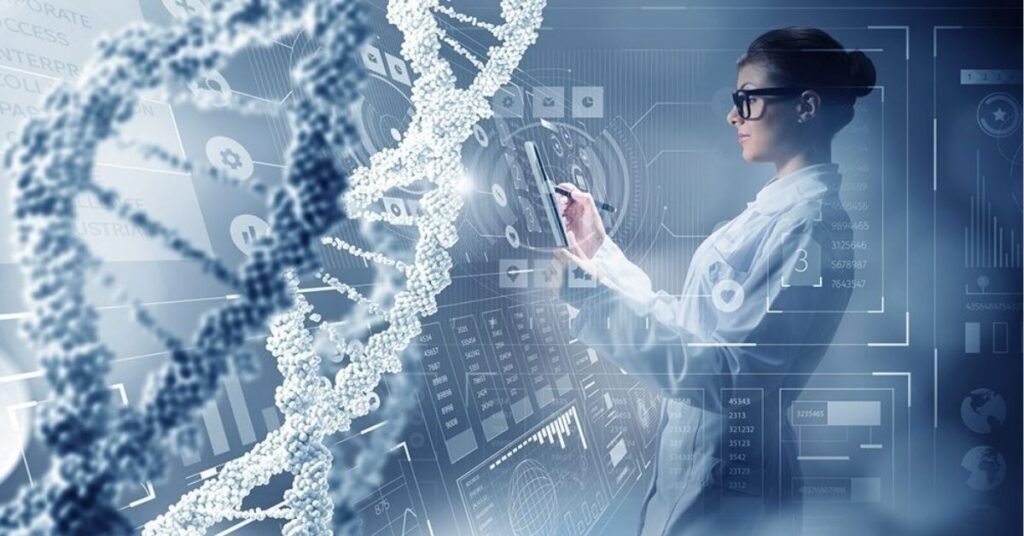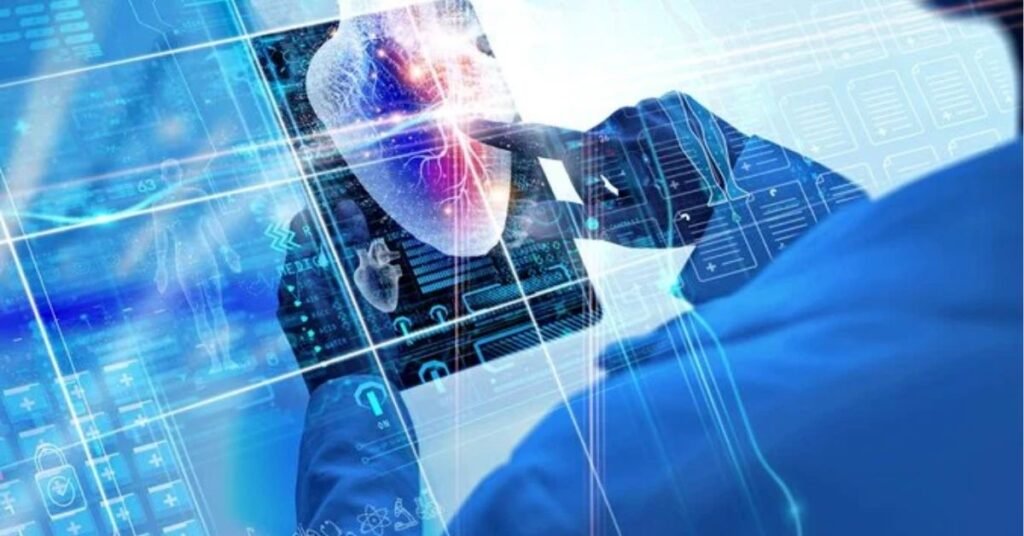Artificial Intelligence is no longer just about data and automation. In disaster-prone areas, it has become a life-saving tool.
The Best Artificial Intelligence Health Empowerment strategies are helping communities prepare for emergencies, support medical workers, and ensure faster recovery.
From predictive analytics to telemedicine, AI is stepping in where human resources often fall short.
AI Features Driving Health Empowerment
One of the standout aspects of the Best Artificial Intelligence Health Empowerment strategies is predictive analysis.
AI systems can process weather data, population density, and past disaster patterns to anticipate outbreaks and medical needs.
This proactive approach helps hospitals stock the right medicines, prepare additional beds, and mobilize staff in advance.
AI-powered drones are also transforming medical aid delivery. In flood or earthquake-hit regions, where roads become impassable, drones can deliver life-saving supplies such as oxygen tanks, vaccines, and diagnostic tools within hours.

This is one of the most practical examples of how the Best Artificial Intelligence Health Empowerment strategies are directly saving lives.
Another key feature is AI-driven telemedicine. In disaster zones, doctors are often in short supply. With AI-backed diagnostic tools, patients can receive remote care guided by algorithms that quickly assess symptoms and suggest treatment. These innovations bridge the gap when local healthcare systems are overwhelmed.
Lessons from Past Disasters
The growing adoption of AI in health empowerment has roots in real-world challenges. After hurricanes and earthquakes in recent years, aid agencies found that traditional emergency response methods were too slow.
By applying AI-powered mapping and tracking, organizations were able to locate stranded families, predict waterborne disease outbreaks, and guide relief teams more effectively.
The Best Artificial Intelligence Health Empowerment strategies today build on these lessons. Instead of reacting to disasters, governments and organizations are focusing on prevention and early action, ensuring communities are better prepared before tragedy strikes.
Expert Opinions on AI in Healthcare Crises
Health and technology experts agree that AI is now a necessity, not a luxury, in disaster-prone areas. Dr. Rachel Morgan, a public health researcher, explains that AI can reduce human error and speed up decision-making during high-pressure moments.
She highlights that the Best Artificial Intelligence Health Empowerment strategies are not only about technology but also about integrating them into real-world healthcare practices.
AI ethicists also stress the importance of responsible use. They warn that while AI can provide faster solutions, privacy and fairness must be safeguarded.
In disaster situations, people are vulnerable, and ensuring AI systems protect sensitive data is just as important as saving lives.
Social Buzz and Global Adoption
On social media, conversations around the Best Artificial Intelligence Health Empowerment practices are gaining attention.
Posts showcasing drones delivering medicine in flooded villages or AI chatbots guiding patients through first aid steps are widely shared. Users highlight the role of AI as a “silent partner” in disaster relief, often crediting it for lives saved.
Globally, countries like Japan, the Philippines, and the United States are expanding their use of AI in disaster management.
For instance, Japan has introduced AI systems to predict the spread of infectious diseases after earthquakes, while U.S. hospitals are investing in AI-based triage tools for wildfire emergencies. These cases underline that AI is becoming a global standard for healthcare resilience.

What’s Next for AI in Health Empowerment
The Best Artificial Intelligence Health Empowerment strategies are expected to evolve further as technology advances.
Researchers are working on AI systems that can identify early warning signs of mental health struggles in disaster survivors, ensuring holistic care.
Additionally, integrating AI with wearable devices may allow real-time monitoring of patients in high-risk areas, offering faster alerts and treatments.
Funding will play a big role in the expansion of these strategies. Tech companies, governments, and humanitarian organizations are already forming partnerships to scale AI-driven healthcare solutions, especially in rural and disaster-prone regions where resources remain limited.
Final Thoughts
The Best Artificial Intelligence Health Empowerment strategies are not just futuristic concepts. They are active tools transforming disaster healthcare today.
From predicting disease outbreaks to ensuring medical aid reaches the most isolated communities, AI is making emergency response more effective and humane.
For people living in vulnerable areas, this shift represents more than just innovation; it means survival and recovery.
Also Read: Best Underrated Artificial Intelligence Stock That Could Be the Next Winner
Google DeepMind just dropped a Nature paper: “A personal health large language model for sleep and fitness coaching.”
— NIK (@ns123abc) August 14, 2025
> Gemini is better that doctors and trainers at sleep and fitness
> paper shows huge benefit of AI personalization for health and long-form coaching
Honestly… pic.twitter.com/2e2zsFOEBe

Abdul Basit is a US-based tech writer who covers Apple innovations, Tesla’s EV growth, AI breakthroughs, smartphone trends, and app reviews for global readers.
